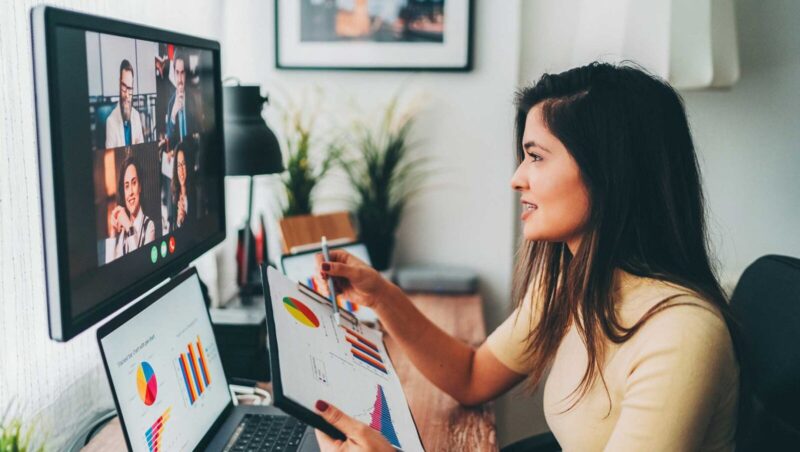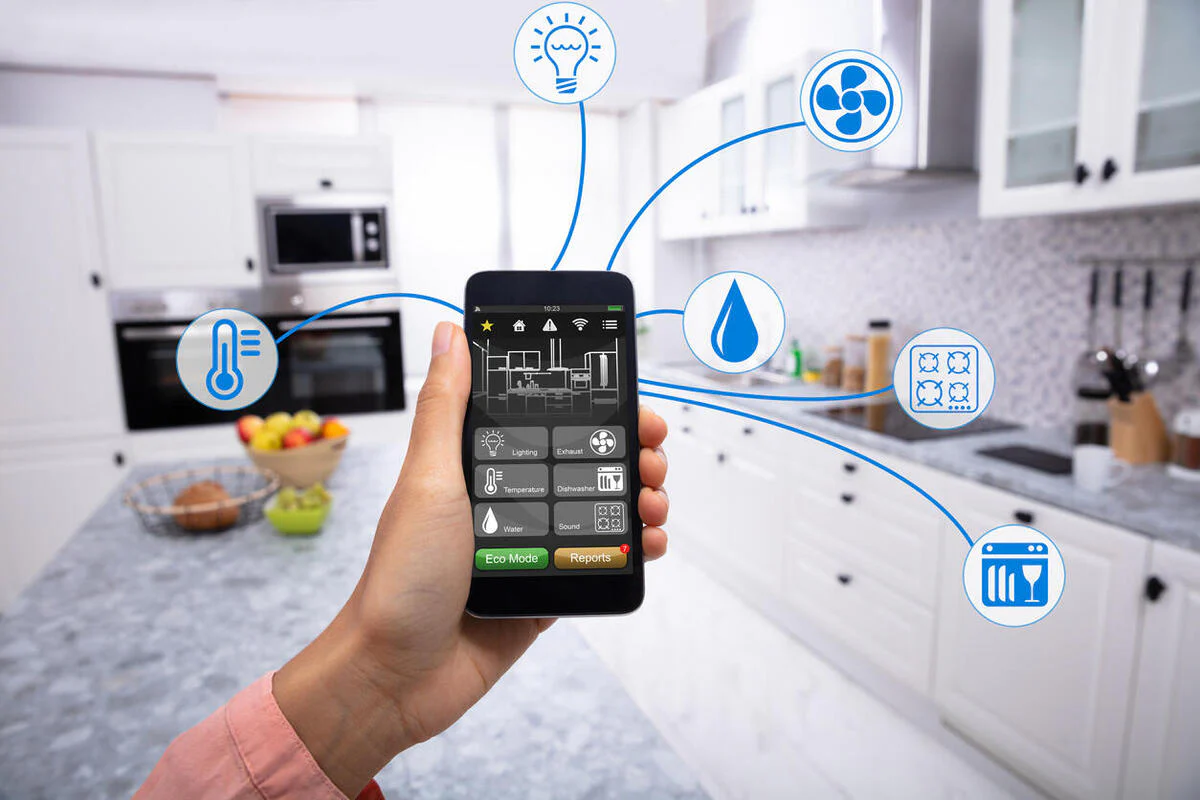I just finished reading the results of a rather fascinating survey conducted by Vivint Home Security. Most of the data is what I would have expected had I conducted the survey myself. However, there was one particular statistic I was not prepared for: approximately 30% of the remote workers participating in the survey don’t necessarily feel secure at home.
This doesn’t mean they are all concerned about being burglarized during the workday. In fact, they expressed a number of different security concerns, some of which didn’t even directly impact their safety and well-being. Nonetheless, the idea that one could spend the majority of their time at home and still not feel relatively secure is telling.
It tells me that either the world truly is no longer a safe place or that our exposure to technology and real-time information has made us more sensitive. I would say it’s probably a combination of both. Nonetheless, I work from home and don’t feel any less secure for doing so.
A Sizable Survey

I am always curious about survey studies because size and sample make a difference. In this particular case, the survey was sizable. Vivint survey covered 1,000 American workers evenly split between in-office work and remote work.
Approximately 42% of the in-office workers expressed concerns about home security while they were at work. That’s perfectly understandable. When you’re not home, it’s not as easy for you to keep your eye on things. But remote workers who spend the majority of their time at home should feel safer and more secure. Right? Apparently not.
Here are some interesting statistics from the Vivint survey:
- 60% of remote workers with home security systems actively monitor those systems during working hours.
- 30% report being concerned about home security in some way, shape, or form while working.
- 39% reported being concerned about package theft.
- 37% reported concerns relating to cyber threats (network hacking, phishing, etc.).
- 29% reported concerns about unauthorized property access.
- 25% expressed concerns about family members or pet safety.
- 24% reported being concerned about fire or another type of emergency.
We are supposed to feel safe and secure in our own homes. For the most part, we do. Even among remote workers, 57% expressed no worries about security while working at home. Nonetheless, 30% expressing some level of concern is significant.
Paying Attention to the Neighborhood

I got to wondering why I don’t feel insecure at home despite working remotely. Perhaps I am just ignorant of the dangerous world outside my door, but I would rather think my confidence lies in the fact that I pay close attention to the neighborhood.
I have an office in my home. That is where I do the majority of my work. But I don’t shut myself in with the door closed for nine hours every day. First of all, I open the shade on the window so that I have a direct view of my entire back yard. I also take regular screen breaks for my own sanity.
During those breaks, I get up from my desk and take a walk through the rest of the house. I look out the windows to see what’s going on in the neighborhood. I make a point of noticing unfamiliar cars, people walking down the street, and so forth. And of course, I do keep my windows and doors locked. I don’t need someone walking in while I’m in the office.
I have always been of the mind that paying attention to one’s surroundings is the most effective way to maintain security. People who are vigilant are harder targets because criminals cannot take them by surprise. It’s when people become careless that they make easier targets.
If I Worked in an Office
What would I do if I worked in an office rather than at home? I suppose I would be among those 40% of surveyed workers with home security systems that checked video cameras multiple times per day. Checking video feeds is a simple task that doesn’t take too much time and effort.
I should note that I have built my own home automation system from scratch by utilizing the Home Assistant platform along with a variety of sensors to make my whole more comfortable. Several old LG smartphones serve as my video cameras.
My system is programmed to send notifications in the event that a camera detects motion. But I don’t sit around all day waiting to get a notification. I check my cameras on a regular basis. Here’s my thinking: notifications can lag slightly. In addition, I have set my cameras up in such a way as to give me views of the exterior of my home, despite the cameras being inside. Checking video feeds also lets me see what’s happening in the neighborhood.
Home Automation Is a Must

The way I see things, home automation is a must in the 2020s. In addition to increasing efficiency and making life more comfortable, modern home automation also lends itself well to better security. Between video cameras and a variety of sensors capable of detecting everything from smoke to carbon monoxide to water, there is no reason to install home automation and not include security devices.
The bare minimum for a security system would include:
- Contact sensors for windows and doors.
- Broken glass sensors on windows.
- Interior motion detectors.
- Several video cameras.
- Smoke and CO detectors.
Professional monitoring might also be a good idea for some people. Right now, it’s not worth the expense for me because I work at home. But I plan to spend a lot more time away from home once I retire. At that point, professional monitoring is something I plan to pay for.
For now, I am content to work at home. I don’t worry at all about safety and security. For those remote workers who do worry, there are some very good strategies for mitigating safety concerns. Do some research and see what you can come up with.


